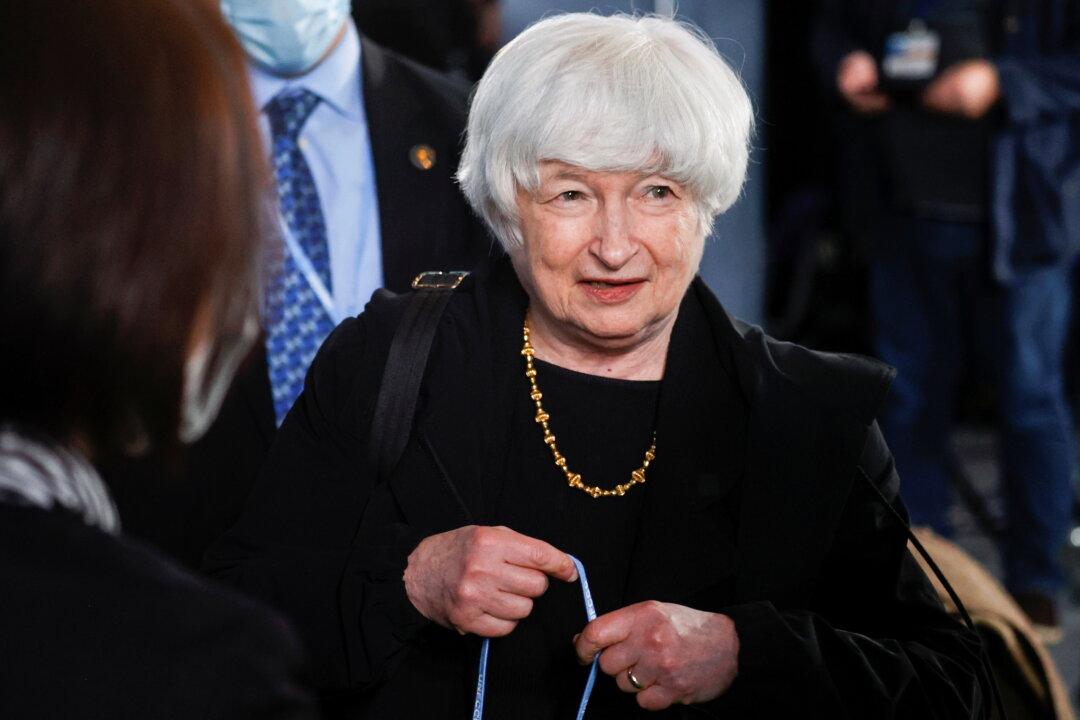The new coronavirus variant Omicron may affect inflation rates and worsen existing supply chain disruptions leading to slower economic growth claimed U.S. Treasury Secretary Janet Yellen on Thursday at the Reuters Next conference.
As the economy keeps recovering from pandemic-related restrictions, and life “returning towards normal” with “increased vaccination and booster shots,” Yellen said that the new variant “could be with us for quite some time,” leading to behavioral patterns that could contribute to inflation.





